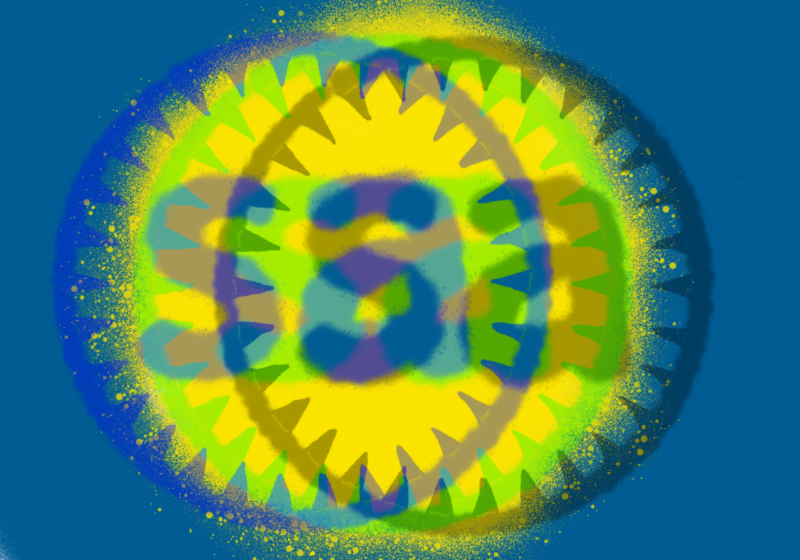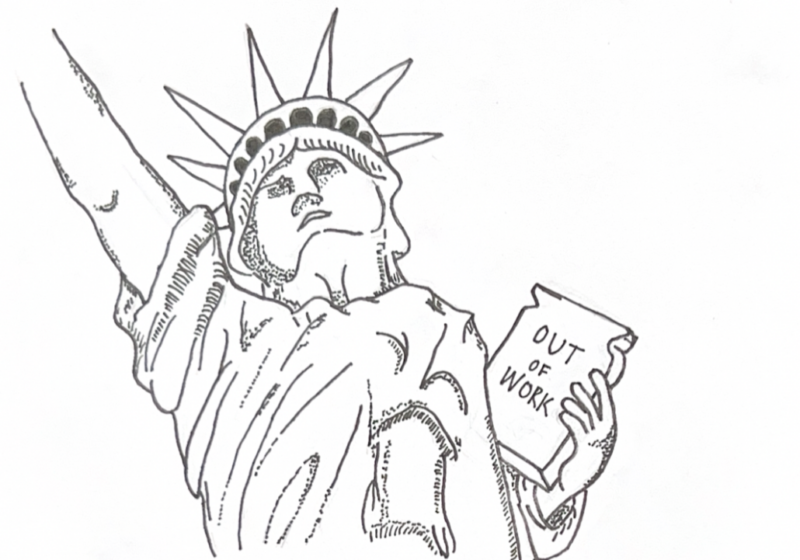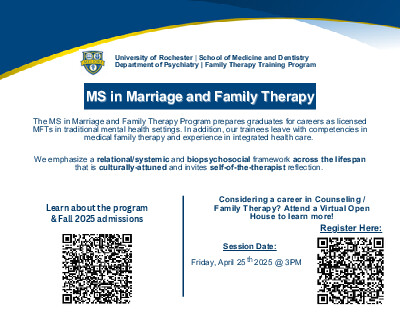Are late night talk shows dying?
Right now, for my age group, the talk shows that seem relevant are the classic ones: “The Tonight Show with Jimmy Fallon,” “Jimmy Kimmel Live,” “The Late Show with Stephen Colbert,” “Last Week Tonight with John Oliver,” “Late Night with Seth Meyers,” “Conan,” and “The Late Late Show with James Corden.” Their relevance comes not through people sitting down at night and watching entire episodes, but rather through viewers seeing YouTube clips and viral Facebook videos.
So it begs the question — are there enough people watching the actual shows with the regular advertisements to keep sustaining this format of entertainment? And what happens in the future when the demographic that is supporting these shows is not around to support it anymore, and when millenials only watch online?
It’s obvious that these shows have already started to adapt to the changes in how we consume entertainment — some of the most popular channels on YouTube are the ones run by the late night shows. Some of the shows rose to popularity online — a prime example of this being “Last Week Tonight.” On these channels, clips from the show are posted weekly, some of them garnering millions of views and going viral.
Another example of how late night shows have adapted is having parts of the show be essentially high-budget versions of YouTube challenges that garner attention because they feature celebrities.
So while late night shows have figured out how to get attention online, the real question is whether they’ve figured out how to make money online. Online, creators don’t earn the same amount of revenue from advertising as on TV. Formatting the money-making scheme to online requires a whole re-thinking of the format, and dedicated time and effort, time and effort that seems wasteful to current TV executives.
So the long and short of it is that I don’t think right now the format is sustainable. And I think the late night shows know that. But it’s an issue of pride — changing the format to make money online is a sign of weakness in the traditional television world — an admission that things are changing. And while for some (millennials) this is no big deal, for others, it’s an utter shame.




